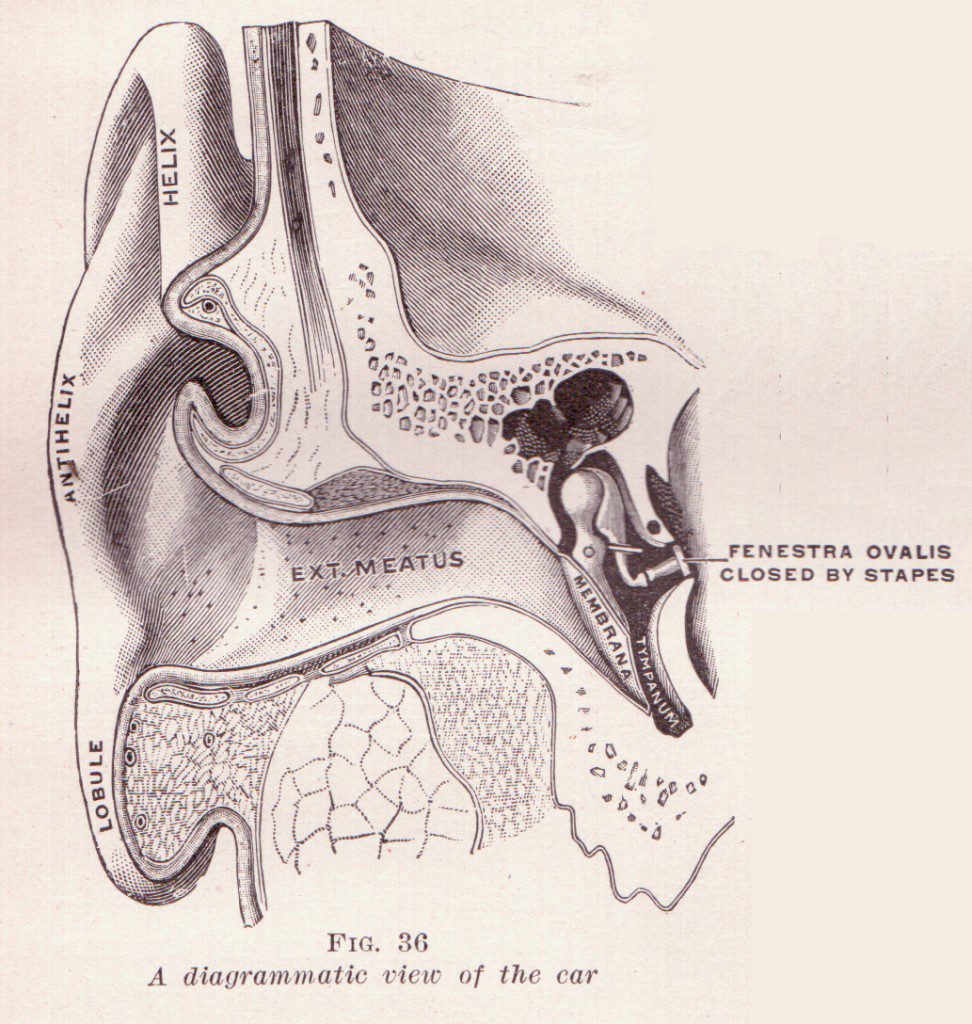 A few months ago, I was asked to lead The High Calling through an incredibly painful change. All of our editorial systems would need to change. All of our editors would need to approach their work differently.
A few months ago, I was asked to lead The High Calling through an incredibly painful change. All of our editorial systems would need to change. All of our editors would need to approach their work differently.
Even worse, the change was uncertain. I didn’t know if it would work. I didn’t even know if it was a really good idea or not. But the task was clear. Change your editorial processes, change your editorial production, and then we will use our learning from these changes to inform our new platform.
Honestly, it makes me a little nervous to write about this. We are still in the midst of the change. Companies don’t talk much about uncertainties. We all like to keep a good brand swagger going. The High Calling serves 120,000 subscribers and followers, we’ll say. The High Calling has 31,000 active email subscribers who opened nearly 600,000 emails about faith and work between February and June.
I love me some good statistical swagger.
Our editorial changes began in January. We were excited. We were hopeful. It was much harder than we anticipated. Here was the problem in a nutshell: I lost sight of what my editors do best, and burdened them with administrative tasks that stifled their creative energies without providing enough value.
So we had an emergency editorial alignment meeting. Several of us met in person in Dallas and began a long process of working it out.
I had to meet with them in person if I hoped to listen to them with any kind of success. We needed to focus our minds and open our hearts. It is too easy to leave our hearts out of the relationship when we work together online. In essence, it is easy to lie to each other in email, in Basecamp, on the phone, and even on video conferences. We don’t lie because we are liars. We lie because we love each other. We don’t want to hurt each other’s feelings. We don’t want to point out each other’s faults. So we put on a happy face, and we do our best to rise to the task.
Sometimes you need to rise to the task. Sometimes there is a harvest season that demands long hours and back-breaking work. But if harvest lasts forever, the whole system will collapse. Editors will leave. Production will suffer. Quality will decline.
At the beginning of the year, we unknowingly created a system that sent us into perpetual harvest. Deidra Riggs, my managing editor, discussed the stress people were experiencing, and reached the only conclusion reasonable. We needed to put the problem on the table, propose solutions, and start fixing things.
And we needed to do all of this in person.
So we did. It wasn’t free. We met in Dallas. We spent a full 16 hours working on the project over the course of two nights and three days. We stayed focused. We worked hard. There were tears. There was stress. There was also laughter and good food and downtime.
I still have a lot to learn about listening, but I know this. Listening is only possible when I devote yourself to it. Give up the time to the person speaking. Give up some budget to the people speaking. Pay for a coffee. Drive the miles it takes to meet. Turn off the screen. Turn off the to-do list in my head.
And listen.
Once I’ve committed to listening, once I am consciously focused on listening, then I will be ready to hear something. Until I commit, though, until I focus, I’m only likely to hear what I expect to hear. And that isn’t listening at all.
It isn’t easy. And I still make mistakes.
On a positive note, we are heading into our fourth week of the new editorial strategy. It took about 6 weeks to transition from our old method to our new one, and we gave ourselves permission to “flub” things a bit during our first two weeks of the new strategy. Even so, things went smoothly. The content production is noticeably smoother. The editors are able to collaborate more. And I continue to do my best to listen to Deidra and with Deidra, to the content editors and with the content editors.
Whoever has ears to hear, you know what to do.
Featured image by Sue Clark. Used with permission via Creative Commons.












